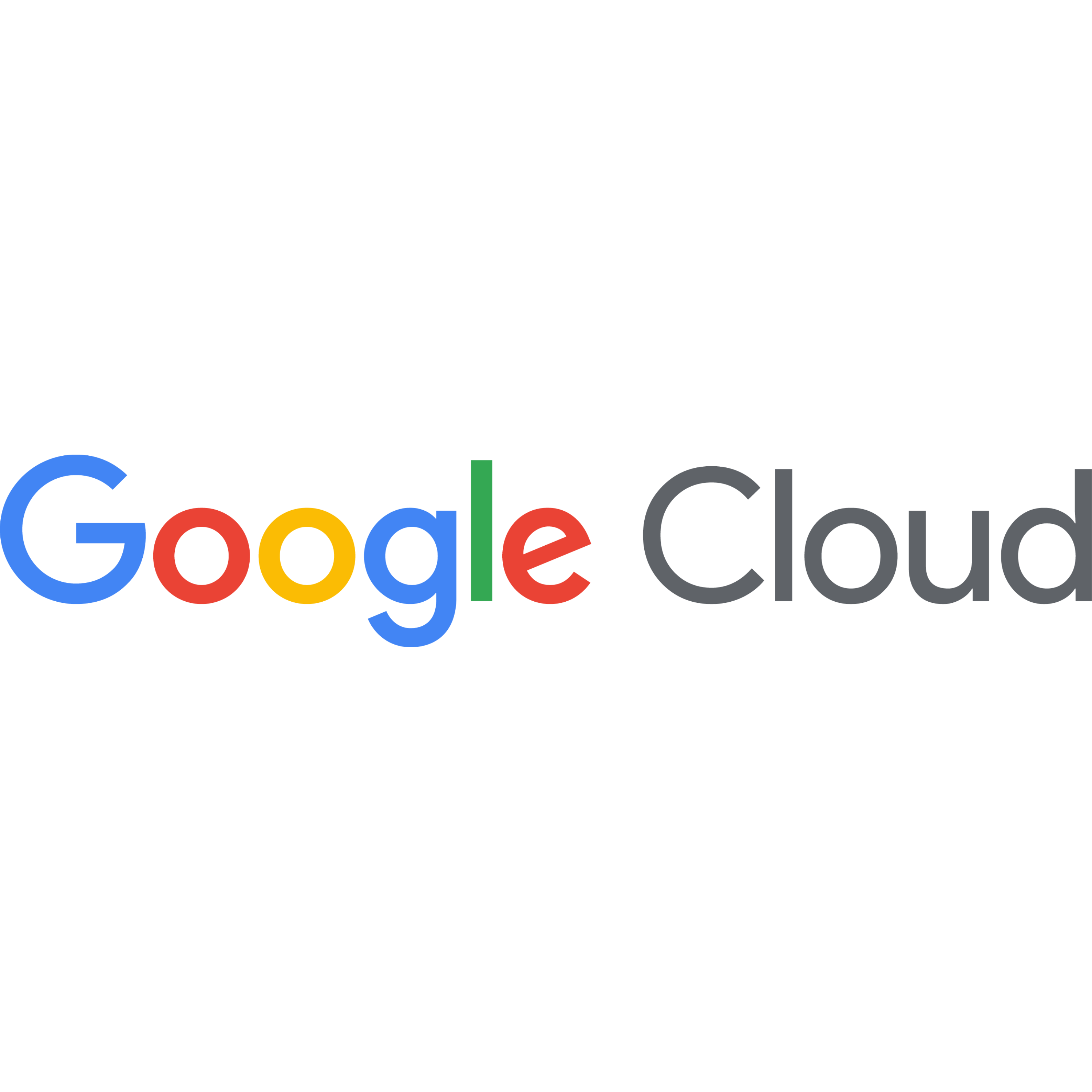
Google has been a pioneer in the development and deployment of GenAI technologies from the beginning. Since acquiring DeepMind in 2014, the company has been forging ahead with its own AI research, culminating in the launch of the Gemini model family.
Now, Google Cloud is looking at its existing technology stack to see how some of its most powerful database technologies could support the company’s burgeoning ambitions in the sector. Here are some of the highlights.
GenAI App Development for Multi-Cloud Environments
Google Cloud is enhancing GenAI capabilities in AlloyDB with the general availability of the ScaNN vector index in the database. Although ScaNN may be unfamiliar to many, every person reading this article has probably been impacted by it as the vector similarity search technology that drives Google Search and YouTube.
Vector search has become critical to GenAI technologies because of its ability to draw on unstructured data. Google Cloud’s ScaNN index is, “the first PostgreSQL-compatible index that can scale to support more than one billion vectors while maintaining state-of-the-art query performance — enabling high-performance workloads for every enterprise,” says Andi Gutmans, general manager and vice president of engineering, databases at Google Cloud.
Google Cloud has also announced a strategic partnership with Aiven, a multi-cloud data platform provider. This partnership aims to enable users to deploy and manage AlloyDB Omni, a portable, downloadable version of AlloyDB, in multiple cloud environments as a managed database service. The new offering, Aiven for AlloyDB Omni, simplifies the deployment, management, and scaling of AlloyDB Omni on Google Cloud, AWS, and Azure.
Developers can now run transactional, analytical, and vector workloads across Google Cloud, AWS, and Azure from a single platform, which expedites GenAI app development.
Analysis
The market is increasingly saturated as every major organization, whether technology-focused or not, aims to take advantage of GenAI. Consumers have clear expectations of GenAI, which has been hailed as the most significant technological advancement since the cloud. However, there is a key difference between the two.
Unlike the cloud, which was predominantly confined to IT, GenAI has rapidly gained mainstream success. Consequently, organizations striving to offer GenAI technologies need to differentiate themselves, and fast. Some achieve this through innovative UX/UI, adhering to the low-code/no-code approach that appeals to many GenAI platform users, while others concentrate on backend development. In this area, Google Cloud is well-positioned.
The key to staying in front of the competition is to capitalize on your core strengths. Here, Google Cloud is adapting some of the best database technologies in the business to fit the needs and requirements of GenAI developers.
It’s easy to forget that databases are the foundation of GenAI. Although the large language models (LLMs) provide the power, databases are critical in providing the “output” and Google Cloud’s focus here is targeted and timely.
Throw in the fact that the company appears to be following Oracle’s vision for an open, multi-cloud operating model, and the latest news out of Google Cloud is up there with some of the most transformative we’ve seen in recent months.

AI Agent & Copilot Summit is an AI-first event to define opportunities, impact, and outcomes with Microsoft Copilot and agents. Building on its 2025 success, the 2026 event takes place March 17-19 in San Diego. Get more details.









